The Netherlands offers an excellent infrastructure with modern transport networks, convenient roads, high-quality medical facilities
The property market in the Netherlands is stable and growing, offering good prospects for investors. Steady demand for housing, high quality of construction
The Netherlands is strategically located in the heart of Europe, with excellent accessibility to neighbouring countries and major cities
The Netherlands is renowned for its high standard of living, excellent environment and infrastructure. It is easy to find accommodation here that meets all modern requirements
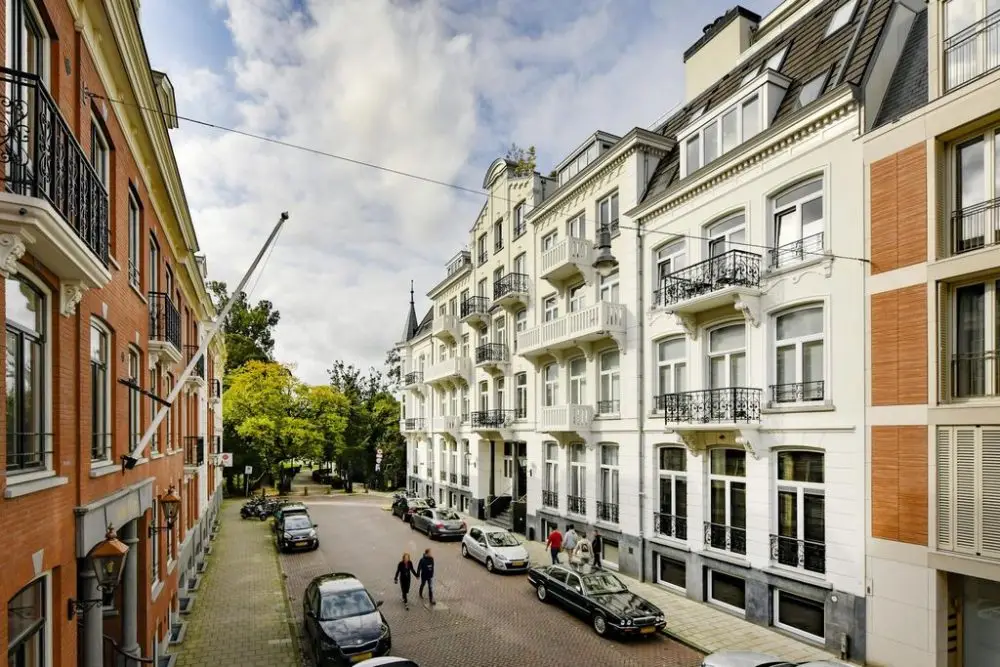
The world has changed its attitude towards luxury. In the 21st century, luxury no longer screams, but rather exquisitely silences itself. This is how luxury housing operates: it does not require attention, but rather attracts it. Spaces where status, engineering, and absolute privacy converge have long ceased to be mere square meters and have become …
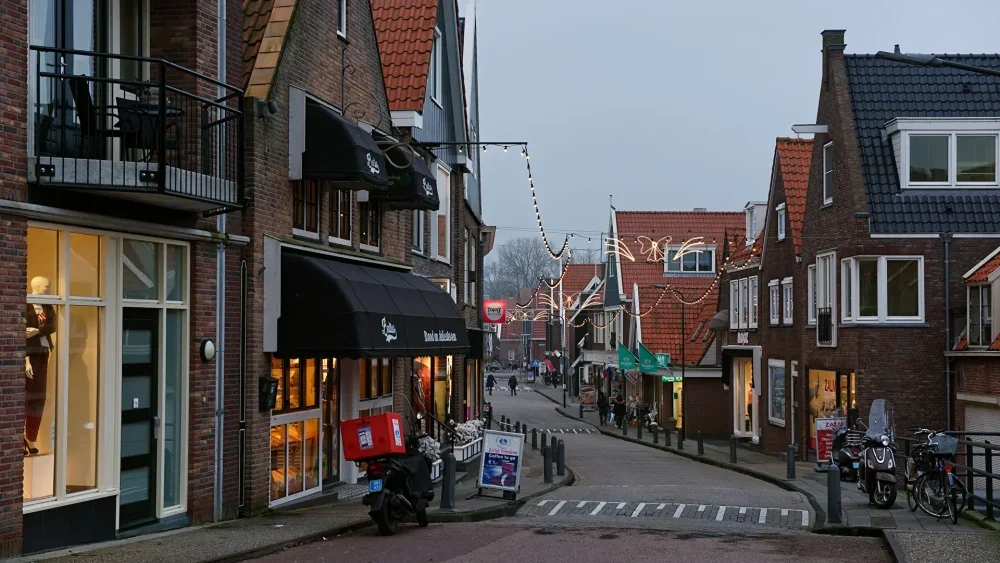
The interest in housing in Europe is steadily growing. Countries with high legal protection and stable economies regularly come into the focus of foreign investors. The question of whether a foreigner can buy property in the Netherlands is becoming more common, especially among non-residents looking for a place to live, rent or invest. Is it …
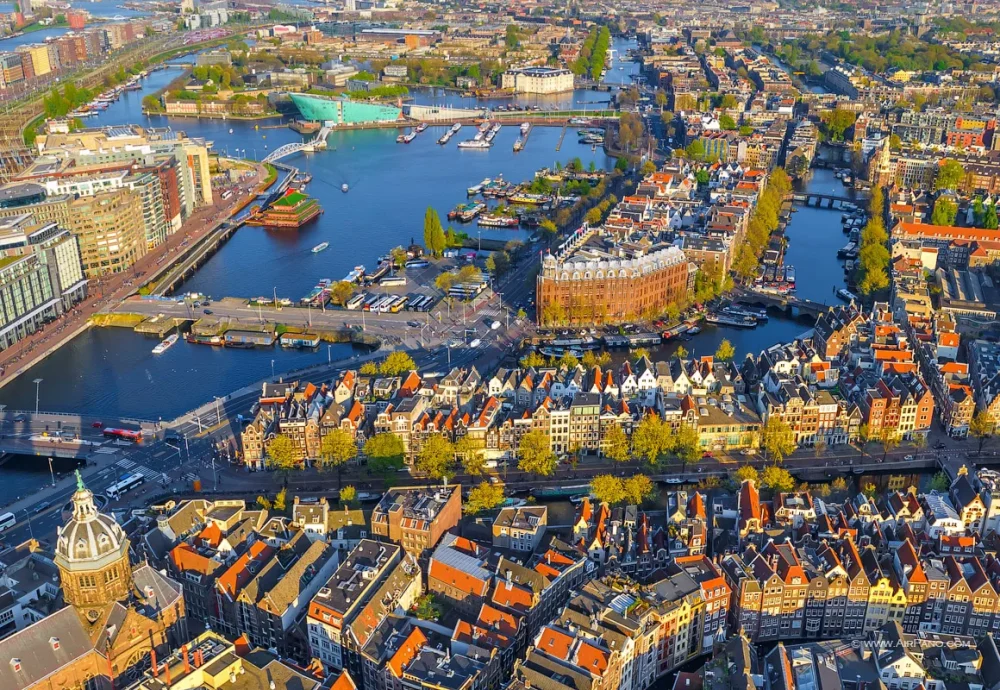
Moving to another country is a significant step that requires not only careful preparation of suitcases and visa processing, but also a deep understanding of the legal aspects. Any long-term stay abroad begins with a choice between two key legal statuses: temporary residence permit (residence permit) and permanent residence (permanent residence). Both options provide an …
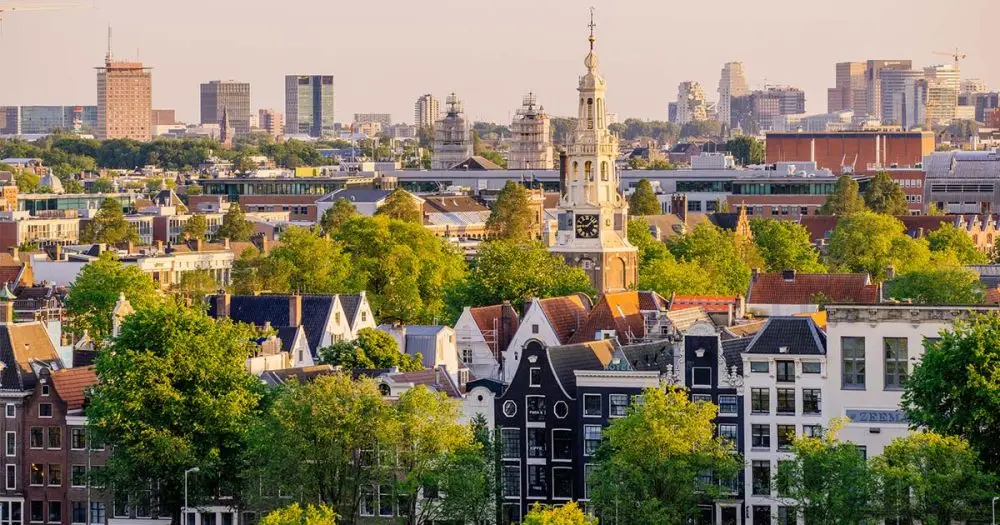
Investing in commercial property abroad is becoming an increasingly attractive option for diversifying an investment portfolio. The opportunities offered by foreign property markets, especially in countries with developed economies, guarantee not only stable income but also growth in asset value. Advantages of investing in commercial property abroad Investing in overseas commercial property offers a range …
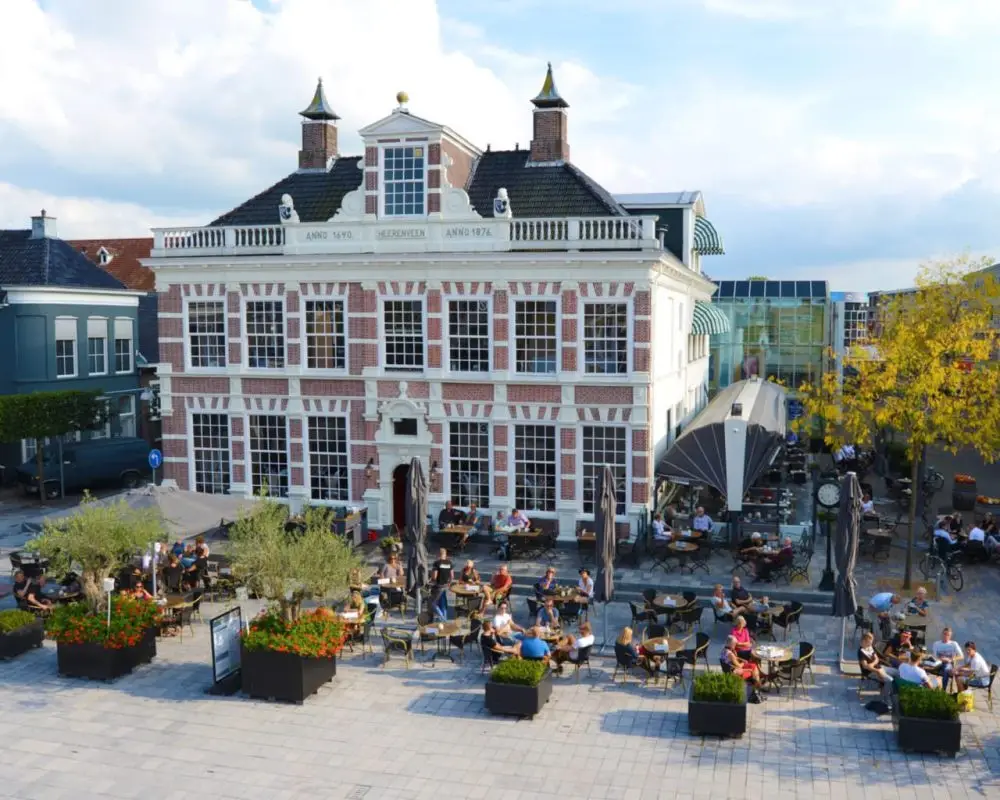
Real estate in the Netherlands is traditionally associated with high prices, dense development and frantic demand. Outside Amsterdam and Rotterdam lies another market – more stable, affordable and promising. Dutch cities with cheap property offer a real alternative to overheated metropolises. Here, buying a home offers not only benefits, but also freedom of choice: more …

Mortgages in the Netherlands for foreigners have long ceased to be an exception. Financial institutions of the country regularly approve applications from non-residents, especially in Amsterdam, Rotterdam and other cities with an active business and educational environment. The reason is obvious – stable market, transparent mechanisms, fixed rates, high trust in borrowers. The government supports …
The property market in the Netherlands is stable and continues to grow
The Netherlands offers a convenient position in the centre of Europe
Complexes in the Netherlands are of the highest standards
Real estate in the Netherlands is characterised by modern projects
The Netherlands offers excellent property opportunities. With its strategic location in the centre of Europe, developed infrastructure and stable market, it is an ideal place to invest and live. From modern flats in major cities to cosy homes in quiet suburbs, there are a variety of housing options to be found here
